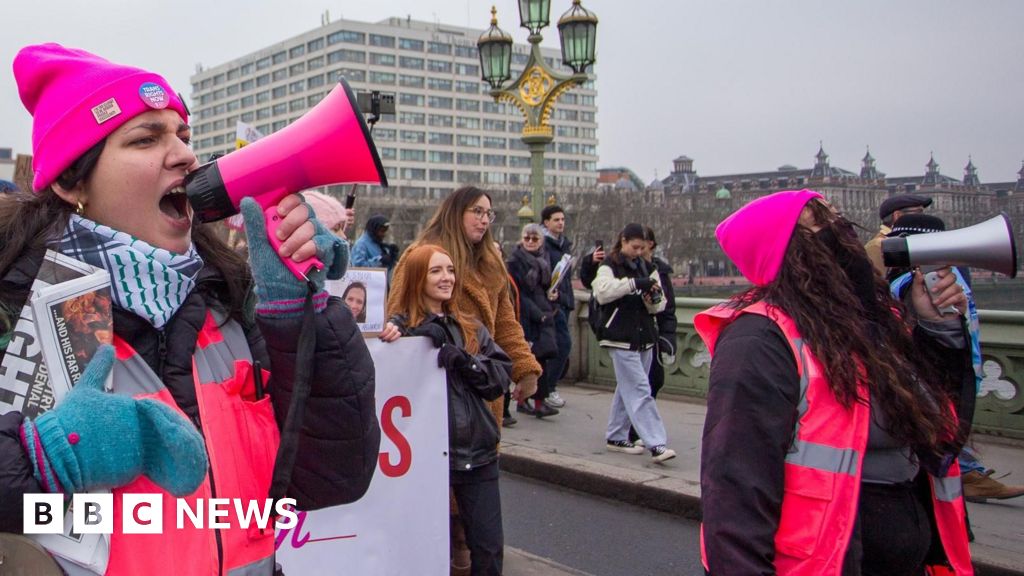
"A political divide appears to be opening up between young women and young men - and no one is really sure why. Polling suggests young men are more likely to vote on the right than their female counterparts, who increasingly tend to view the world through liberal eyes. In a 2025 survey of more than 2,000 16-to-29-year-olds by Focaldata, for the John Smith Centre, 20% of young British women said they were left wing, compared with 13% of young men, although the majority of both identified as neither left or right."
"At the 2024 general election, 12% of women aged 18 to 24 voted for Reform UK or the Conservatives, compared with 22% of men in that age group, polling from YouGov suggests. Labour was the most popular choice among both sexes, with a slight bias towards women in the youngest age groups. The Green Party polled particularly well with young women, gaining 23%, compared with 12% of 18 to 24-year-old men. The Liberal Democrats did well among this age group, with 16% of the vote among both men and women."
Recent polling of British 16-to-29-year-olds reveals a widening gender gap in political orientation and voting. A 2025 Focaldata survey found 20% of young women identified as left wing versus 13% of young men, with most identifying as neither left nor right. In the 2024 general election, 12% of women aged 18–24 voted Conservative or Reform compared with 22% of men; Labour led both sexes. The Greens polled strongly with young women (23% versus 12% of men), while the Conservatives drew most support from older voters. Researchers note growing volatility and doubts about traditional party loyalties among young people.
Read at www.bbc.com
Unable to calculate read time
Collection
[
|
...
]